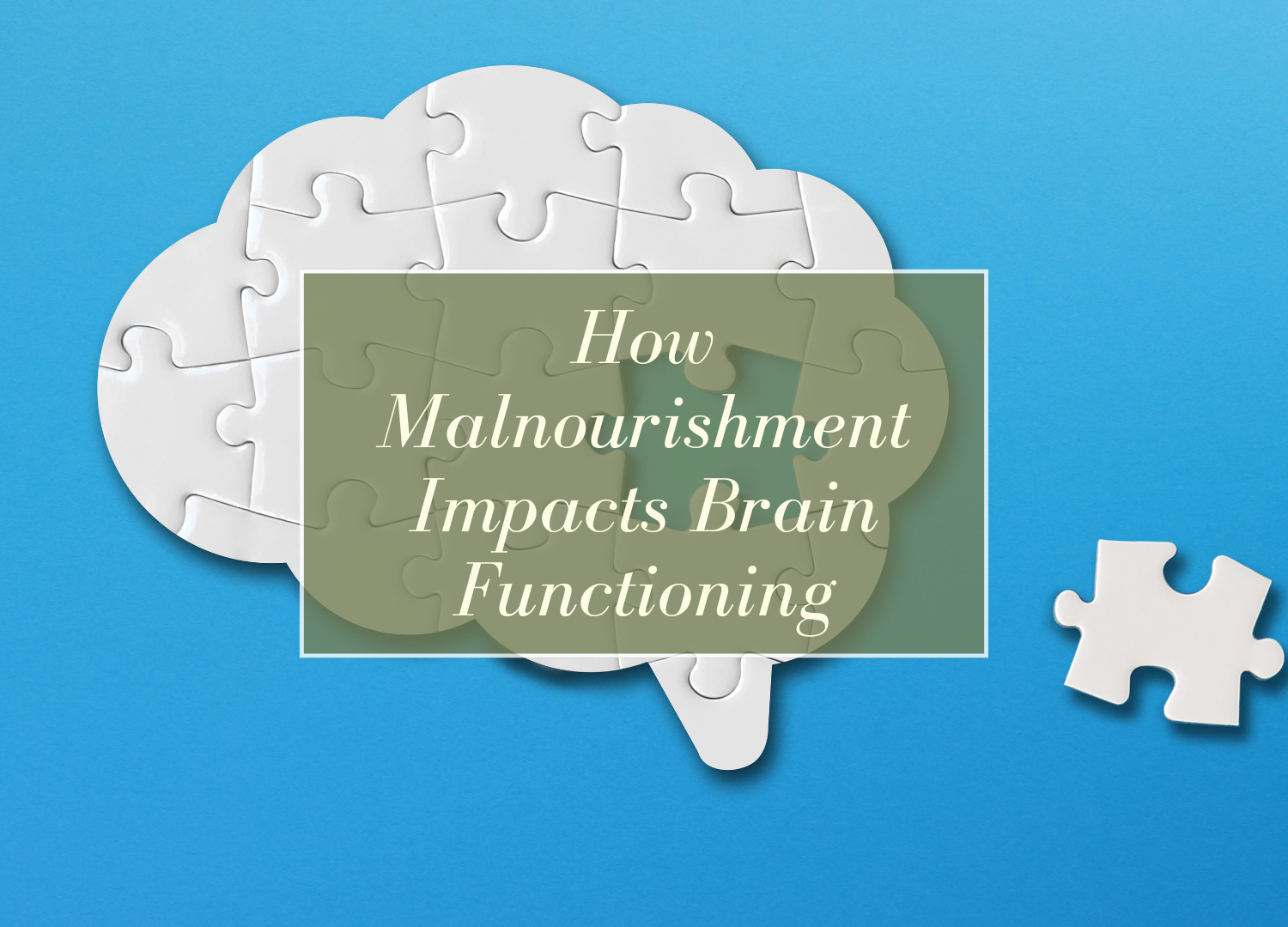How Malnourishment Impacts Brain Functioning
Eating disorders are often just seen as an issue where someone can’t/doesn’t want to eat food. To anyone with an eating disorder, this statement underscores the reality of what it’s like to live with one. In honor of Mental Health Awareness Month, we are talking about how eating disorders impact brain functioning and why, for many reasons, recovery is not as simple as just eating more food.
Ask the Team: What Should I Expect from a Parent/Caregiver Joint Session?
We are back today with another edition of, Ask the Team! Not only do our clinicians collaborate on client care and treatment with each of our clients, but we also collaborate with parents and caregivers! Today, we are covering what parents and caregivers can expect in a joint session with your adolescent or young adult treatment team.
8 Ways to Challenge the Food Police
Do you listen to the food police? Have you ever labeled foods as “good” or “bad”? Have you ever wondered at what point these negative internal thoughts around eating and food became ingrained in your psyche? Today, Christine Soviak, RD is talking all about the food police and sharing 8 ways to challenge that voice. Take it away, Christine!
Ask the Team: What if I Can’t Afford my Meal Plan?
For many people recovering from eating disorders, meal plans offer structure, balance, and a pathway toward physical and emotional healing. But the reality is not everyone can easily afford their meal plan.
Food insecurity is a real issue affecting many people. Factors like income, access to affordable food options, and the high cost of living significantly influence someone’s ability to meet nutritional needs in recovery.
Oftentimes, “wellness” culture can add even more stress. Wellness influencers promote organic, specialty, or “clean” foods that appeal to those with eating disorders (especially for individuals whose ED stems from an obsession with “healthy” eating). These items are usually expensive and add little real value in terms of recovery or overall health (and at their core, are just more processed products..!). Worse, pressure to buy into these trends can lead to feelings of guilt, while the stigma against processed foods adds another layer of shame for people working to embrace balanced eating.
Factors That Contribute to the Development of Eating Disorders
What contributes to the development of an eating disorder? As mental health awareness becomes more prominent and ED research is on the rise, we are finding that many factors are responsible for the development of eating disorders. Some may argue that eating disorders are a lifestyle choice. This is not true at all! Understanding how eating disorders develop is a crucial part to identifying the contributing cause, and is helpful for navigating individualized treatment and recovery.
Drunkorexia
It’s Friday night—maybe even Thursday—and you're getting ready to head out with friends. You haven’t eaten since lunch, maybe skipped dinner on purpose, and squeezed in a quick workout before hitting the bars. It’s just another night out, right?
It might feel like that, but this pattern of behavior is actually known as "drunkorexia," a term used to describe the practice of restricting food, over-exercising, or purging to compensate for the calories in alcohol. Although not an official diagnosis, it’s a form of disordered eating that essentially prioritizes alcohol over nutrition. It’s become so common, especially in college, that it can be easy to overlook how harmful it really is.
Diabulimia
What’s diabulimia? This is a term you may not be familiar with, but it’s a dangerous issue that affects individuals with diabetes. People with diabetes are already at higher risk for developing eating disorders (up to 20% of type 1 diabetics will develop an eating disorder in their lifetime). So, what is diabulimia and why is it a problem?
Eating Disorders in Minoritized Communities
Today, we are sharing an introduction post to eating disorders in marginalized, minoritized, and underrepresented communities. We will cover statistics, stereotypes, and barriers to diagnosis and treatment. Keep an eye out for upcoming posts covering eating disorders in these groups (ie. EDs in the Black Community; EDs in the LGBTQIA2+ Community, etc.).
Eating Disorders and Athletes
Athletes are not immune from the impact of diet culture. In fact, athletes are 2-3 times more likely to develop an eating disorder compared to non-athletes. Up to 45% of female athletes and 19% of male athletes struggle with disordered eating. Additionally, 84% of female college athletes report having disordered patterns of eating or have engaged in unhealthy weight control practices at one time.
Ozempic and Eating Disorders
Research shows both losing weight and restrictive dieting increase the risk for eating disorders. Many assume a restrictive diet has a name, rules, and a specific duration, but the term “restrictive diet” simply refers to eating less than your body needs. Not only are GLP-1’s prescribed in addition to restrictive diets, but they also make following a restrictive diet much easier due to their mechanism of action: extreme appetite suppression and delayed gastric emptying.
Anorexia Nervosa & Atypical Anorexia Nervosa
Today we want to share information about another eating disorder diagnosis our team sees on a regular basis Anorexia Nervosa. Anorexia Nervosa (AN) has one of the highest mortality rates among mental health diagnoses [2] due to malnutrition, complications, and/or suicide [3]. While AN is a commonly known eating disorder often characterized by an individual having a very low body weight, it is critical to understand that it can affect people in a variety of body sizes and shapes. Below, we break down the differences and similarities between AN and atypical anorexia (AAN) (hint: there is only 1 major difference), causes, symptoms, and treatment.
How to Manage Anxiety Around Food
Anxiety is often co-occurring with eating disorders or disordered eating. Feeling anxious around food can happen for a variety of reasons. Today, we want to share some ways to manage feeling anxious around food.
What is PCOS?
Polycystic Ovary Syndrome, also known as PCOS, falls under the umbrella of women’s health, but what does being diagnosed with PCOS really mean? Learn more about how we approach and treat PCOS at Collaborative Counseling and Nutrition.
What is Orthorexia?
Today we want to share information about another eating disorder diagnosis our team sees on a regular basis, Orthorexia. In the New Year, the focus in January is often on starting a new diet, losing weight, taking control of your health, incorporating new health behaviors, cutting out certain food groups, and more. While there is no singular cause of an eating disorder, diet culture behaviors, and mindset can contribute to the development of eating disorders, including orthorexia.
Binge Eating Disorder (BED)
Binge Eating Disorder (BED) is the most common eating disorder in the United States. Learn more about BED and ways to find help.
Avoidant/Restrictive Food Intake Disorder (ARFID)
We work with individuals with a variety of eating disorder diagnoses. Today, we want to share details about an eating disorder not often discussed, Avoidant/Restrictive Food Intake Disorder, or, ARFID.



















